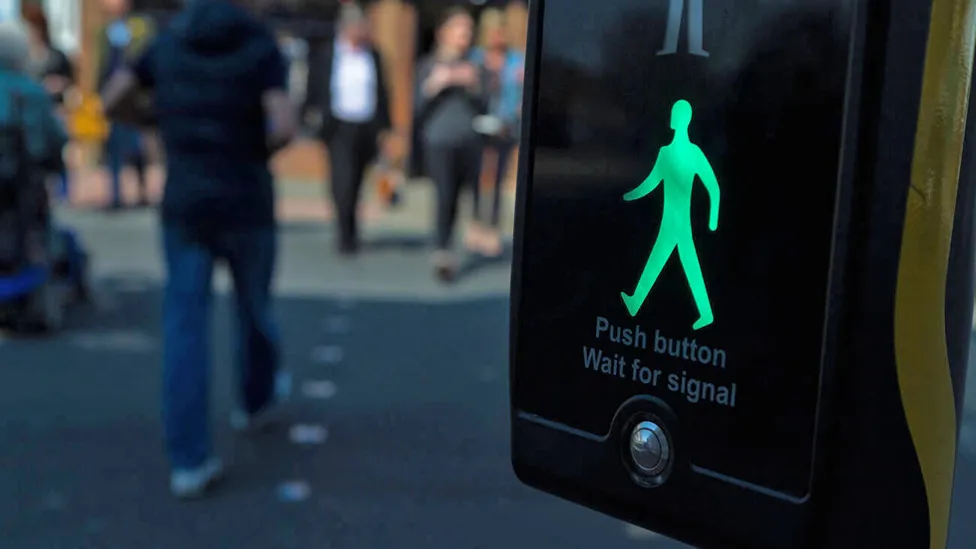This
thought leadership piece by Konstantine Buhler at Sequoia is well worth a read. I remember a conversation over a decade ago about AI with
futurist, David Wood and he told me at the time that the dot on Google Maps showing us where we were was a type of AI. We don't call it that any longer - it just works on our phone and the technology is invisible - as many of the best technology tools are. I can certainly see how it will become quite commonplace to use tools like Bard or ChatGPT and not think anything of it. It will just be part of our routine use of phones, laptops and smart speakers.
I'm now beginning to see the rise of many of these tools as, perhaps, more like the switch from DOS to Windows - a much more intuitive interface with which to do what you need to do to get your tasks done. Or the switch from using laptops to phones which gave access to the internet and digital capabilities to many millions more people across the world.
And yet, what is coming feels like it's so much more than that and more far-reaching in terms of giving anyone the ability to engage with digital tools using talking or text chat. That feels revolutionary to me rather than evolutionary. Or is it way over-hyped and it will all calm down again in a few months? After all, this AI thing has been in the human imagination for more than a century with the first place about 'robots' being written in 1921. And it has been in development for more than 70 years. We are now living in the future that scientists were imagining back in the 1950s and 1960s.
https://www.sequoiacap.com/article/ai-paradox-perspective/

